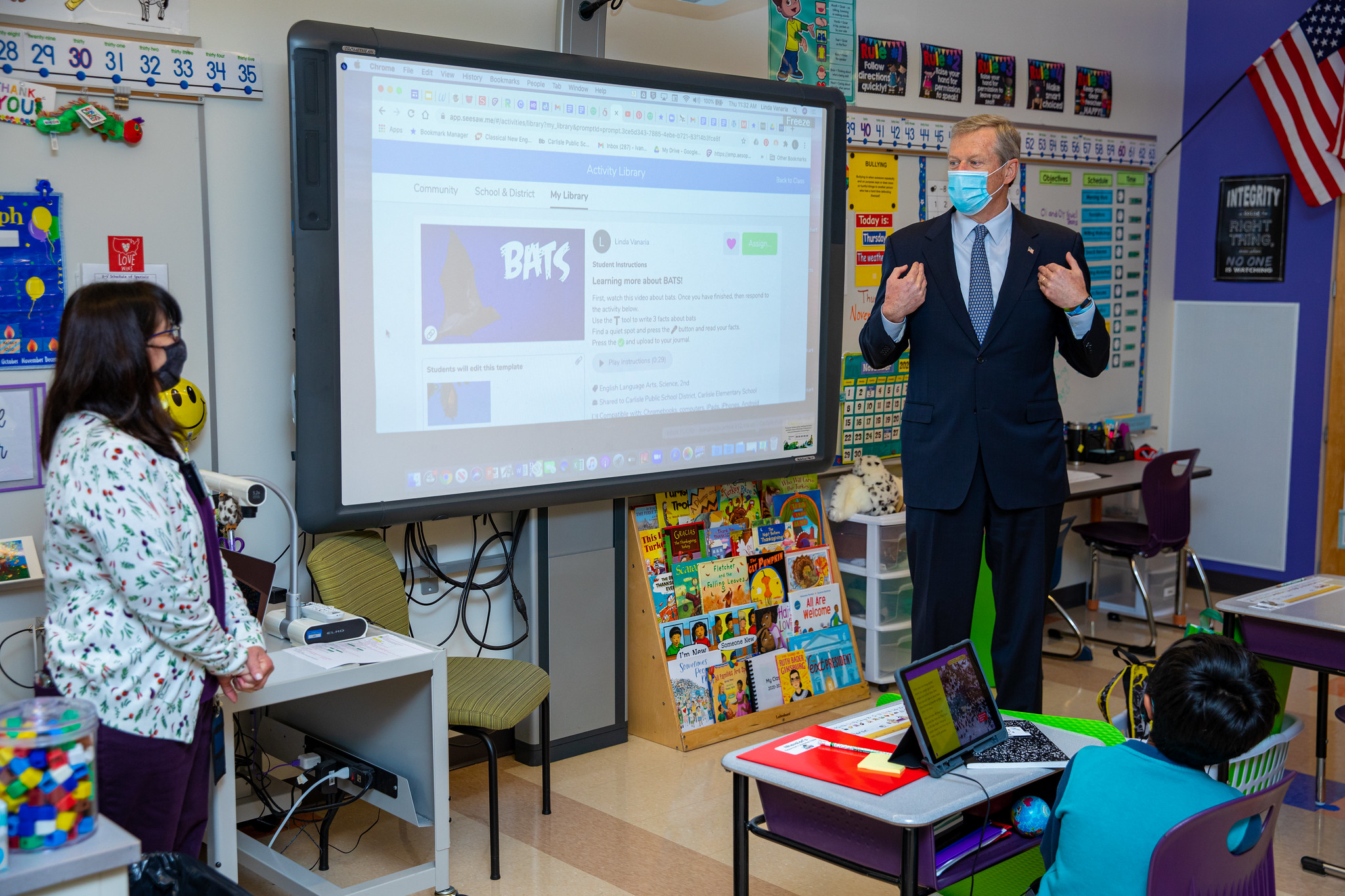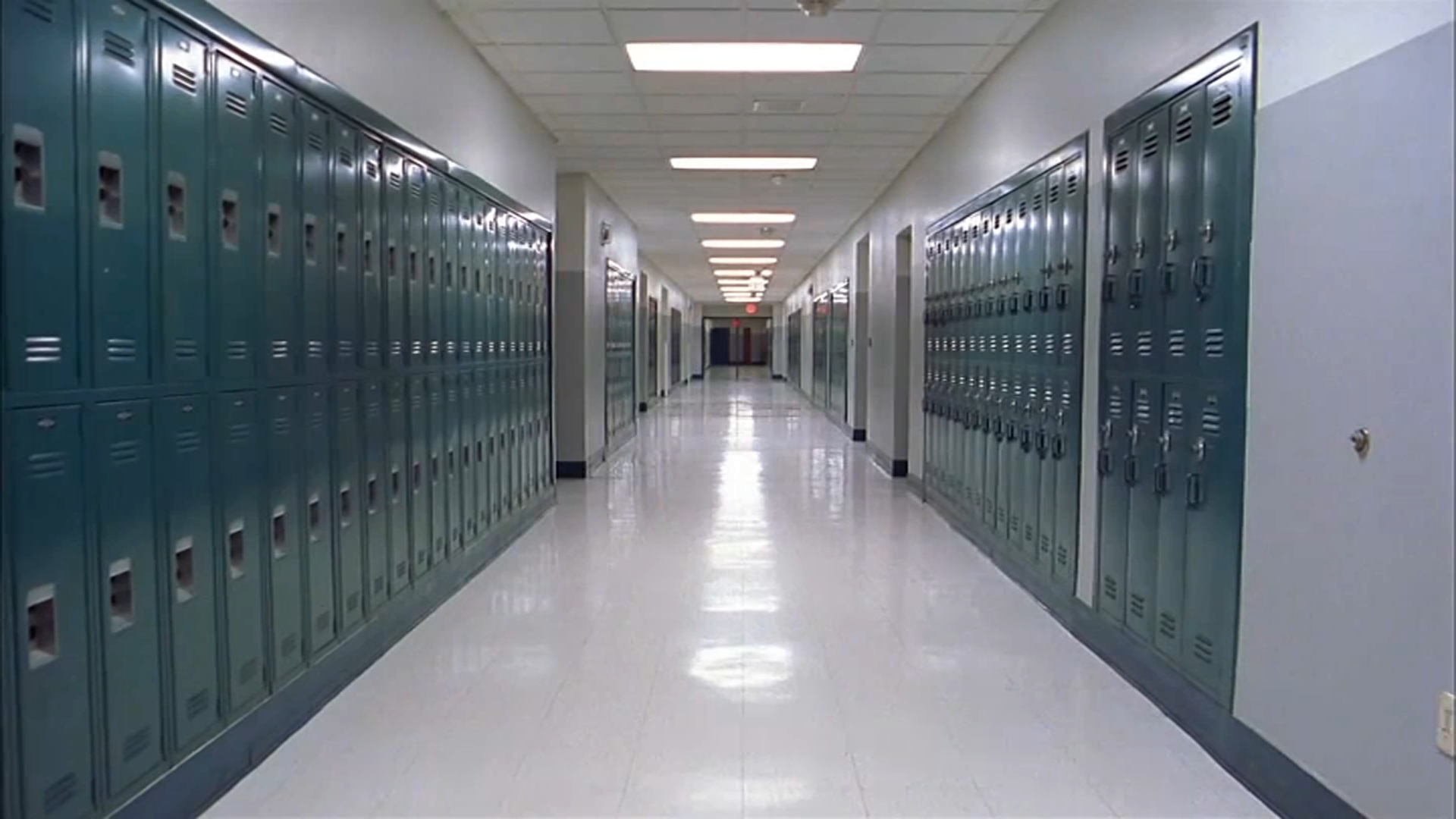The excellence of Massachusetts' schools belies that students of color and ones from low-income families continue to fall behind white students in the Bay State, something that's only been accelerated by the pandemic.
That's according to a report released Wednesday by a swath of advocacy groups who are calling on Massachusetts leaders to address the state's educational inequalities.
"We must recognize both the urgency and the opportunities before us to improve our education system. The next phase of educational improvement for our state must focus on confronting and addressing the profound inequities present long before the pandemic," said Edith Bazile, founder and executive director of Black Advocates for Educational Excellence, in a statement.
The report, "There is No Excellence Without Equity: A Path Forward for Education in Massachusetts," notes that while Massachusetts students as a whole ranked No. 1 in the nation in eighth grade math scores in 2019, breaking out results by race paints a much different story: White students from Massachusetts have an even higher score, while local Black students rank behind every other state and Washington, D.C., while Latinx students rank behind all but New Mexico and Alabama.
Get Boston local news, weather forecasts, lifestyle and entertainment stories to your inbox. Sign up for NBC Boston’s newsletters.
"We are at a moment right now of immense risk and immense opportunity in our education system," said Natasha Ushomirsky, Massachusetts' state director for The Education Trust.
Ushomirsky says the same data that ranks Massachusetts as an education leader shows that the education received by Black and Latinx students, and students from low-income families receive, is on par with the nation's lowest-performing states.
"That has nothing to do with students' potential or their abilities, and everything to do with the opportunities that students are given in our state," she said.
The 33 groups behind the report, including the YMCA, La Colaborativa and Massachusetts Advocates for Children, argue that bridging the gap will require ensuring high-quality and culturally affirming early education and child care is available to all families, not just those who can afford it.



